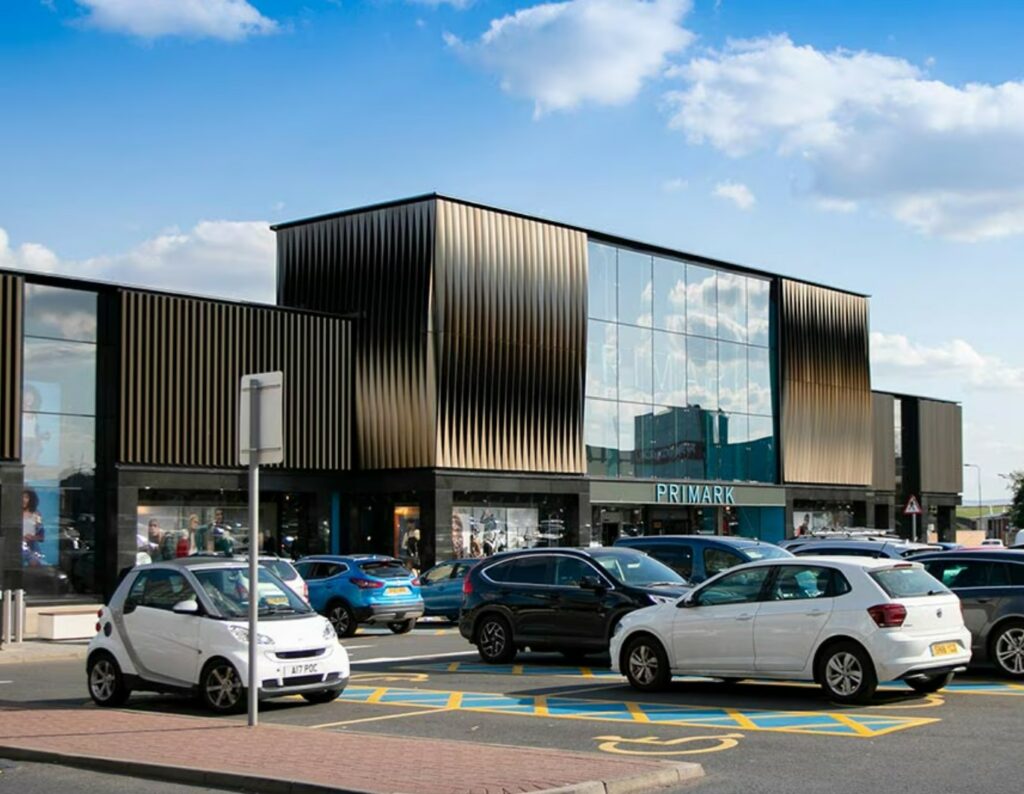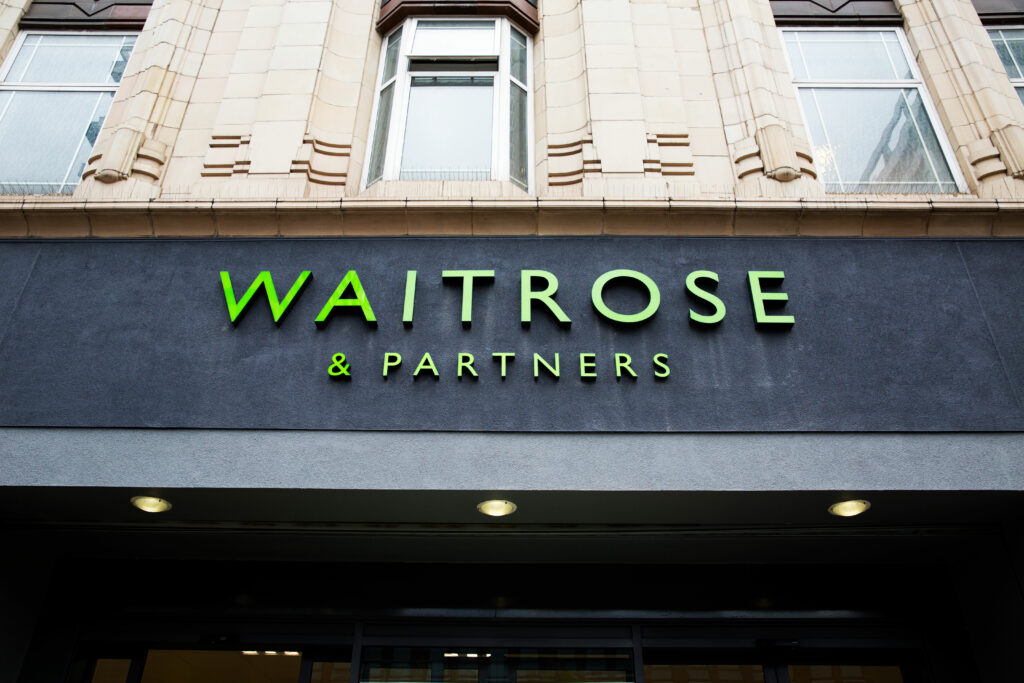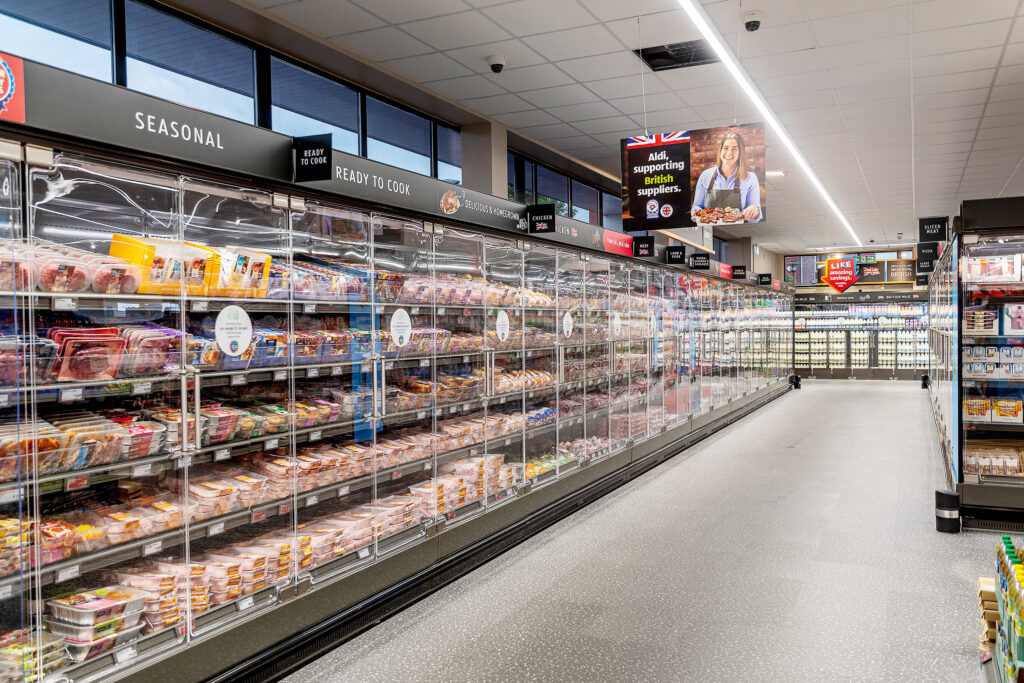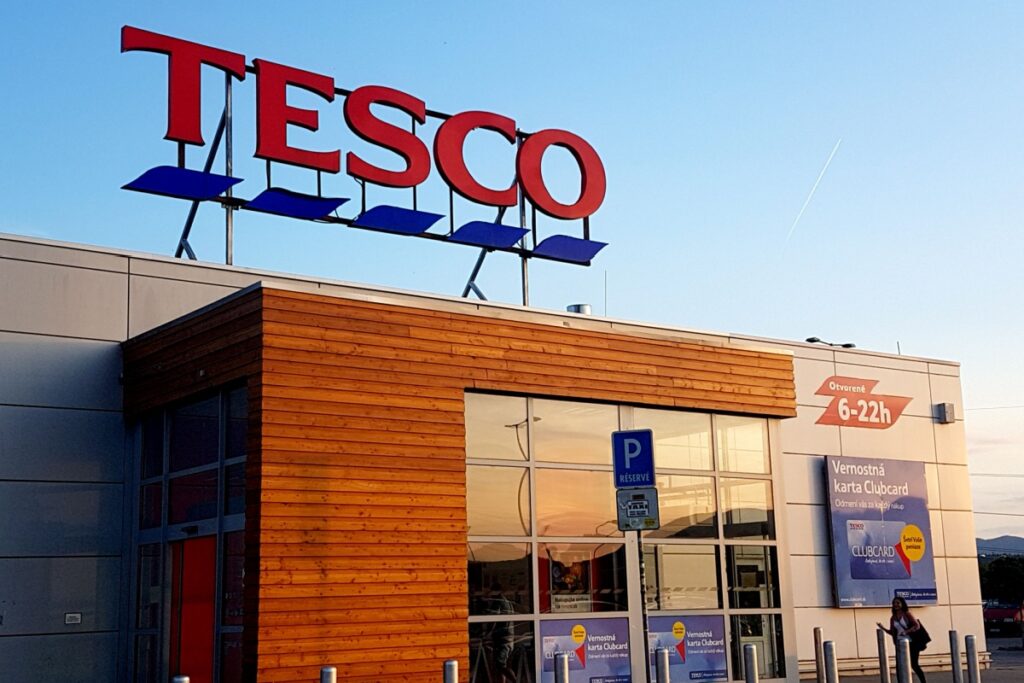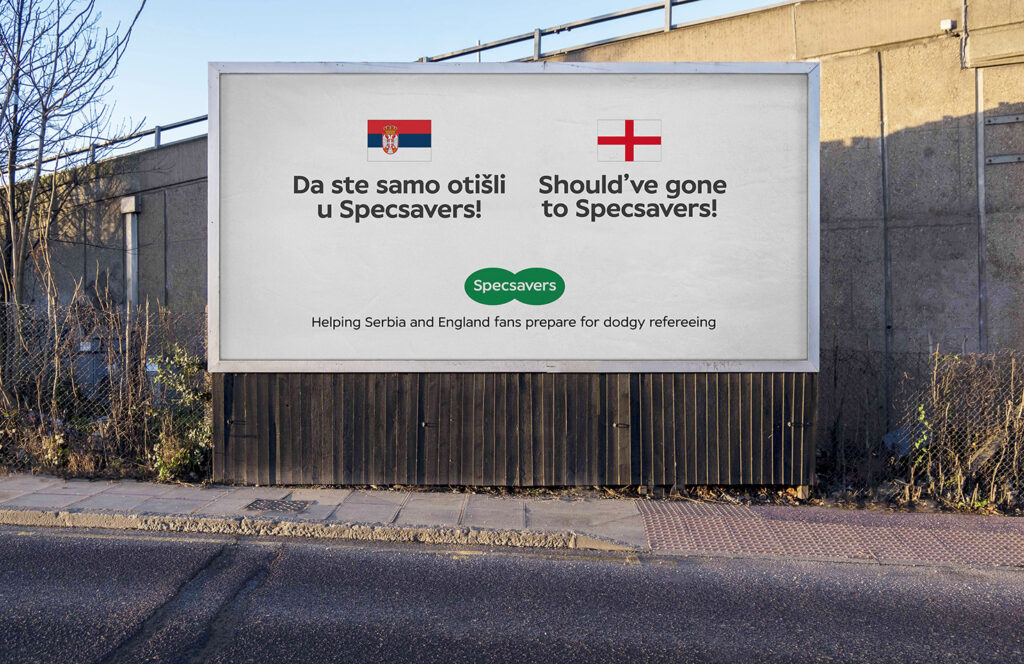As Primark opens its new Teesside Park shop and Hotel Chocolat says all new stores in its pipeline will open on retail parks, we look at why the format is thriving right now – and what the future holds.
Retail parks used to be the place to go to buy tools and hardware or possibly pick out a new sofa. However, they have changed dramatically over the past decade, and shoppers can now leave with not just a new outfit but a fresh set of makeup, and a post-gym haircut too.
The format has been thriving of late, with British Land – the UK’s largest owner of retail parks – reporting a 6% sales jump across its retail park portfolio in its last financial year.
The Nugent Shopping Park in Orpington in Kent is delivering some outstanding growth figures with sales skyrocketing 90% compared to 2018.
Reflective of some of the changes that have helped the destinations thrive in general, the recent success of Nugent – which opened back in 2006 – has been driven through a throng of new retailers opening at the retail park.

British Land says Nugent was previously “heavily focused on legacy retailers and fashion brands,” however, its key new entrants now include Boots, Superdrug and JD Sports.
Like Nugent, retail parks across the country have seen a change in their occupier mix over the years, which has made them a more popular destination for retailers and shoppers alike.
British Land head of asset management for retail parks Matthew Reed says: “If you go back to the mid-2000s, you had quite a limited type of retailer who would go on to retail parks. Post-Covid, we’re seeing many more names coming to the fore.”
Fashion retailers including Primark – which this week opened at British Land’s Teesside Retail Park, Mango, Moss Bros and White Stuff, beauty businesses Lush and Rituals, and food outlets Pret and Wagamama are just some of the chains expanding at the shopping destinations.
Hotel Chocolat is another example of a retailer which has been focusing on retail parks of late.
All 12 stores launched in the last year were at retail parks, and the 20 new shops it is planning for the next 18 months will all be at the format.
Hotel Chocolat head of customer marketing Amy Harman said: “That’s where we’re seeing footfall and demand. There’s more intent with consumers. They’re going for a day out and going for an experience.”
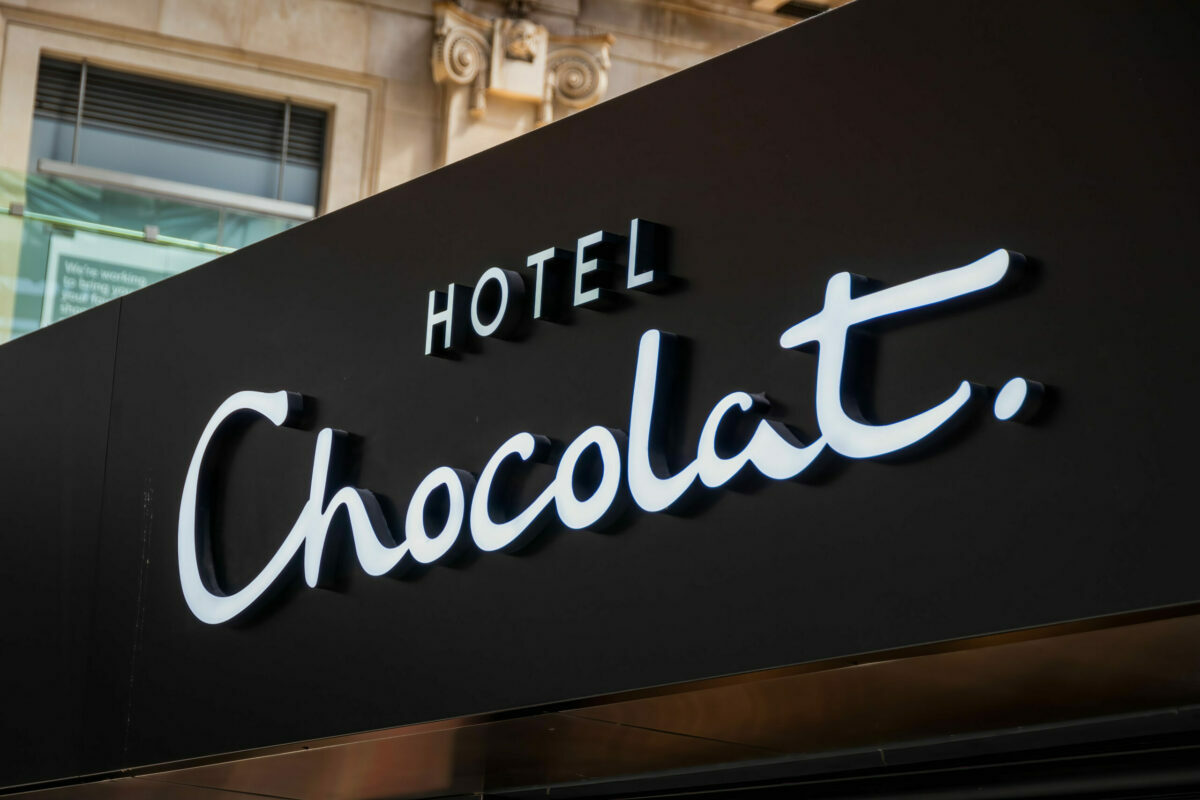
The throng of new retailers are helping to plug the gap left by retail casualities that fell by the wayside during the pandemic.
Reed explains: “This created more surplus space and gave an ability for retailers to try a new format on a lower entry rent and see if it works.”
Value retailers Aldi, Lidl and Home Bargains are just some of the retailers that have acquired more space in retail parks over the past few years as a result.
Reed explains that this wider array of retail tenant is pushing up occupancy rates with British Land 99% let at its parks.
The 3 A’s: affordability, adaptability and accessibility
Reed puts the success of the retail park format down to the three A’s: affordability, adaptability, and accessibility.
He explains: “From an affordability perspective, the retail park format offers incredibly low occupancy cost ratios versus shopping centres.
“There are obviously far lower occupancy ratios in the retail park format because you tend to have far higher costs through shopping centres and high streets.”
Furthermore, Reed says the ability to install mezzanines is an often “overlooked” benefit of the retail park format, with retailers including Next, Waterstones and M&S featuring the additional floors in Nugent.
“In pure rental terms, they will pay us a rent per square foot on the ground floor for a 5,000 sq ft shop but they could add in an up to 5,000 sq ft mezzanine on top of this.”
From an accessibility perspective, retail parks are usually based on major roads with lots of parking space, making them easily reachable for shoppers.
“Consumers have really pushed for convenience and speed, and retail parks play directly into that trend,” Reed says.
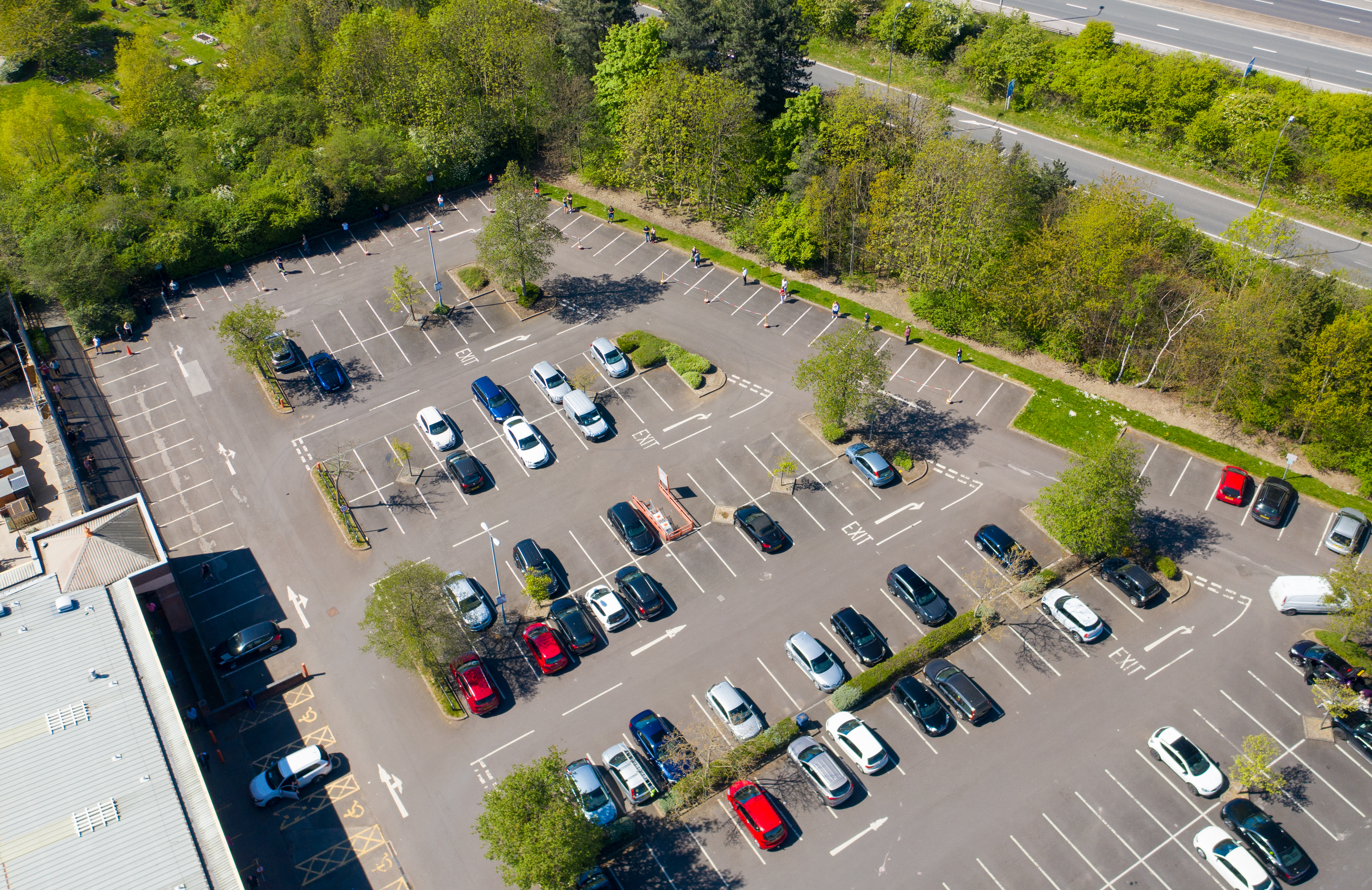
He also points to a shifting trend towards mission-based shopping – customers going to the shops to make specific purchases rather than just browsing, which is more prevalent on high streets. Reed says this delivers conversion rates as high as 87% compared to 71% for retail generally.
“If you’re going to a retail park, it’s normally for a set of specific needs. It obviously requires you to get in your car and travel, which effectively translates into really high conversion rates,” he says.
When it comes to adaptability, retail park stores stores have adapted easily to facilitate omnichannel retail, with the spacious formats perfect for click-and-collect services.
Best format for omnichannel retail
The British Land exec says that Covid served as a “huge catalyst for this shift” to omnichannel on retail parks.
He explains that after retailers were forced to shut during the pandemic and rely on online services, those that weren’t already, opted to make better use of their physical space and integrated more omnichannel services into stores.
Reed adds that it gave the most advanced retailers “the ability to understand reducing costs by pushing click-and-collect and returns to physical stores, and driving that whole basket spend” was a much more efficient model to run.
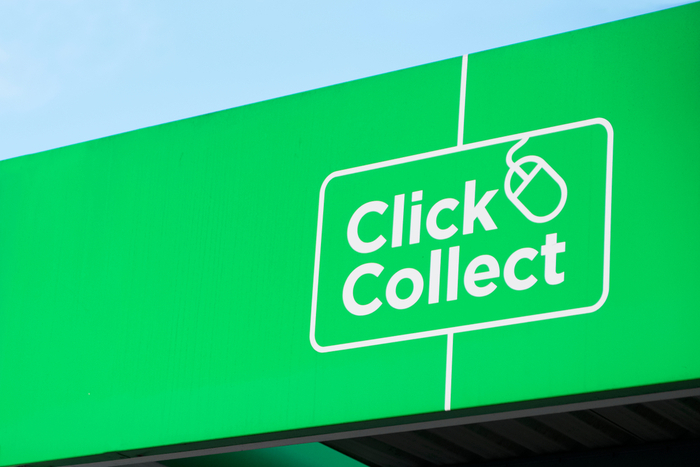
“But if they can push you to a store, it’s one truck from their warehouse to the store. It’s already going to the store so it’s much easier and much more cost effective.”
Bulky goods, shopping parks and hybrid
In terms of their make-up, Reed explains there are broadly three main types of retail parks: bulky goods, shopping parks and hybrid.
Bulky goods parks sell larger items such as furniture and DIY, while shopping parks provide a similar mix of retailers to shopping centres.
However, Reed claims hybrid parks like Nugent – which houses companies ranging from Costa and Hotel Chocolat to Tapi Carpets – attract the widest range of retailers and have the most regular spend.
He says the rise of the discounters such as Aldi and Lidl on parks, as well as increased demand from large national retailers – including Next and M&S – have become “significant drivers of daily footfall”.
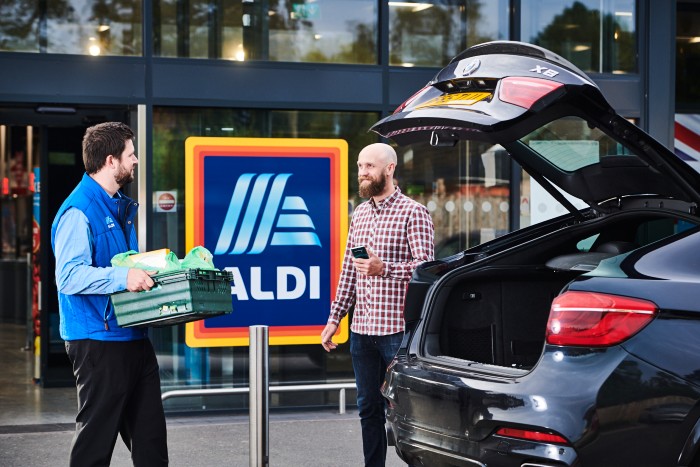
The future of retail parks
Following their success in recent times, what changes are retail parks set to see and how can they continue to prosper going forward?
Reed sees big opportunities in terms of healthcare expanding into retail parks.
At its Crownpoint Shopping Park in Denton, Manchester, British Land has recently signed a deal with InHealth, which carries out procedures such as X rays, MRI scans, and blood tests.
It has also started to see dental healthcare expanding into retail parks, with MyDentist having been attracted to the “accessibility and flexibility” of the retail park space.
Lastly, Reed claims they have a huge focus on EV charging hubs in retail parks going forward.

Referencing Nugent Shopping Park specifically, he says in five years’ time the site will have a lot more than its current four EV charging spaces, and more “amenity facilities” such as barbers and beauticians.
Fundamentally, Reed believes the retail park will become more of a one-stop-shop for consumers looking to carry out an array of tasks, not just shopping. He says: “You’d come to a retail park and do more of the things that touch your day to day.
“So you could have a dentist here. You come in your electric car, you might get your hair cut, you might get your nails done, you might do your M&S shop, you might work out, so all of those options are there.”
With opportunities rife for the format, it seems retail parks could look very different in the years to come.
Click here to sign up to Retail Gazette‘s free daily email newsletter

